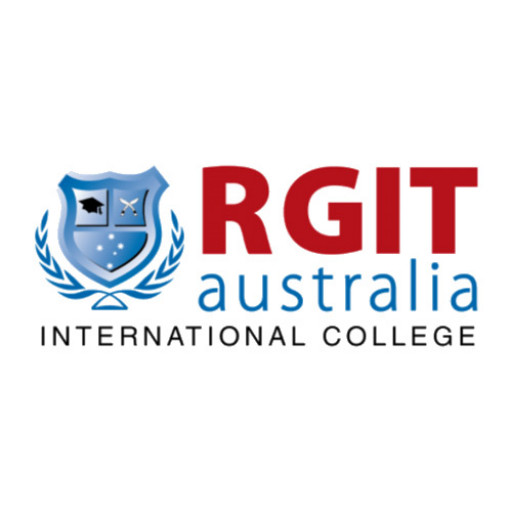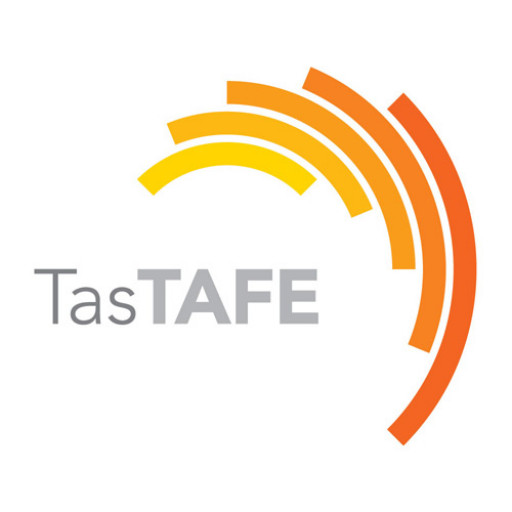The Certificate IV in Kitchen Operations at GOTAFE is a comprehensive qualification designed to develop advanced skills and knowledge necessary for working in professional kitchen environments. This program is ideal for individuals seeking to enhance their culinary expertise and managerial capabilities within the hospitality industry. Throughout the course, students will gain practical experience in preparing, cooking, and presenting a wide range of dishes, as well as understanding essential kitchen operations such as food safety, hygiene, and workplace safety standards. The curriculum covers key areas including menu planning, stock control, kitchen hygiene, and team leadership, preparing graduates for roles such as Kitchen Supervisor or Chef de Partie. Emphasis is placed on developing both technical skills and business acumen, enabling students to efficiently manage kitchen resources and contribute to the success of hospitality establishments. The program combines theoretical learning with hands-on practical training, utilizing state-of-the-art facilities to simulate real-world culinary environments. Students also have opportunities for industry placements, allowing them to apply their skills in authentic settings and build professional networks. With industry-relevant content, the Certificate IV in Kitchen Operations aims to prepare graduates for career advancement within fast-paced, dynamic kitchens both locally and internationally. Upon completion, students will be equipped with the confidence and competence necessary to operate efficiently in supervisory roles, implement safe cooking practices, and innovate culinary offerings. This qualification is part of GOTAFE’s commitment to providing high-quality vocational education that aligns with industry standards and supports career development in the vibrant hospitality sector.
The Certificate III in Kitchen Operations at GOTAFE is a comprehensive program designed to provide students with the essential skills and knowledge required to work effectively in a commercial kitchen environment. This qualification focuses on developing practical cooking skills, understanding food safety procedures, and gaining the confidence to operate kitchen equipment safely and efficiently. Throughout the course, students will explore a wide range of culinary techniques, including preparing, cooking, and presenting a variety of dishes that meet industry standards. The program emphasizes best practices in hygiene and safety, ensuring students are well-versed in food handling, sanitation, and workplace safety protocols.
Participants will learn to work as part of a team in a fast-paced kitchen setting, managing their time efficiently to produce quality outcomes under supervision. The curriculum covers the preparation of different types of cuisine, including hot and cold dishes, and introduces fundamentals of menu planning and portion control. Practical training is integrated into the course, allowing students to apply their skills in real-world scenarios, often through industry placements or simulated work environments. This hands-on approach aims to prepare graduates for entry-level roles such as kitchen assistant, line cook, or food preparation worker.
The program also includes training on communication skills, customer service principles, and workplace health and safety compliance. Graduates of this course will be equipped with the confidence to pursue further education in hospitality or to gain employment within the hospitality industry. The qualification is nationally recognized and complies with industry standards, ensuring graduates are prepared to meet the demands of the dynamic culinary sector. Whether aiming for a career in a restaurant, café, or catering service, students will develop a strong foundation in kitchen operations that can serve as a stepping stone toward advanced culinary qualifications or managerial roles in the hospitality industry.
Program requirements for the Certificate IV in Kitchen Operations typically include the successful completion of a series of core units that cover essential skills in food preparation, cooking techniques, kitchen safety, hygiene standards, and teamwork. Applicants must demonstrate proficiency in fundamental culinary skills, including knife handling, ingredient knowledge, and cooking methods. Prior experience in hospitality or food service is advantageous but not necessarily mandatory. Participants are often required to complete practical assessments to showcase their ability to prepare various dishes according to standardized recipes and presentation standards. Additionally, students may need to undertake workplace training or internships to gain real-world experience in bustling kitchen environments. It is important for candidates to possess good communication skills and the ability to work efficiently under pressure, as kitchen operations demand high levels of coordination and time management. Academic prerequisites generally include a minimum of Australian Year 10 or equivalent, though specific entry requirements can vary depending on the institution or program provider. Some programs might also include foundational literacy and numeracy assessments to ensure candidates can follow recipes accurately and manage kitchen inventories effectively. Food safety certifications, such as a current First Aid certificate, can sometimes be a mandatory prerequisite before commencing practical components of the course. Overall, the program aims to equip students with the skills necessary to work confidently as kitchen assistants, commis chefs, or entry-level cooks in commercial kitchens, restaurants, or catering operations. Successful graduates will gain practical knowledge of kitchen operations, safety standards, and culinary techniques, preparing them for further studies or employment in the hospitality industry.
The financing options for the Kitchen Operations program at GOTAFE are designed to support students throughout their studies and ensure accessible education. Students may be eligible for various Commonwealth and State government financial assistance programs, including VET Student Loans, which provide income-contingent loans for eligible students to cover tuition fees. VET Student Loans help reduce upfront costs, making it more affordable for students to enroll in the program. Additionally, students might consider Australian Apprenticeships, which combine work and study, sometimes offering government subsidies or employer contributions that lower the overall financial burden. GOTAFE often accommodates students through flexible payment strategies, allowing for instalment payments over the duration of the course, which can ease immediate financial pressures. Scholarships and grants may also be available, offered by GOTAFE or external organizations, targeting students achieving academic excellence or demonstrating financial hardship. These funding options aim to support diverse student needs, making vocational education in Kitchen Operations accessible to a broad range of individuals. Furthermore, students can explore relevant part-time or casual work opportunities, often within the hospitality sector, to finance their studies while gaining practical experience. International students seeking to enroll in the program should investigate visa-specific financial requirements and possible scholarship opportunities. GOTAFE’s financial counseling services are accessible to assist students in understanding and navigating available funding options effectively. Overall, the diverse range of financing options ensures that students can focus on developing their skills in Kitchen Operations without undue financial stress, fostering an environment conducive to successful learning and career development in the hospitality industry.
The Kitchen Operations program offered by GOTAFE is a comprehensive course designed to equip students with the essential skills and knowledge required to succeed in the dynamic and fast-paced hospitality industry. This program provides a detailed understanding of kitchen management, food preparation, safety procedures, and operational practices that are fundamental to running a successful culinary business or working as a professional chef. Students will learn about different culinary techniques, kitchen organization, and best practices for maintaining hygiene and safety standards in a commercial kitchen environment. The curriculum also emphasizes the development of practical skills through hands-on training in state-of-the-art kitchen facilities, enabling students to seamlessly transition from the classroom to real-world work settings. Throughout the course, learners will explore menu planning, cost control, workplace communication, and teamwork essential for effective kitchen operations. The program is designed to cater to both aspiring chefs and those seeking management roles within hospitality settings. It prepares graduates for employment opportunities in various food service establishments, including restaurants, hotels, catering companies, and institutional kitchens. The coursework aligns with industry standards and Australian food safety regulations, ensuring that graduates are well-versed in current best practices. Additionally, students may have opportunities for work placements, allowing for practical experience and networking within the industry. Completion of this program can serve as a stepping stone toward further culinary education or specialized certifications. This program emphasizes both technical proficiency and professional development, fostering a strong work ethic and attention to detail, which are crucial traits for success in the culinary field. Overall, the Kitchen Operations program at GOTAFE aims to produce competent, industry-ready professionals who are prepared to meet the challenges of a competitive hospitality landscape.





